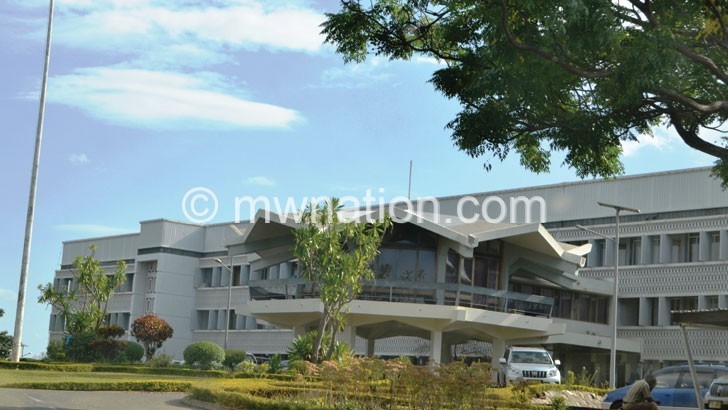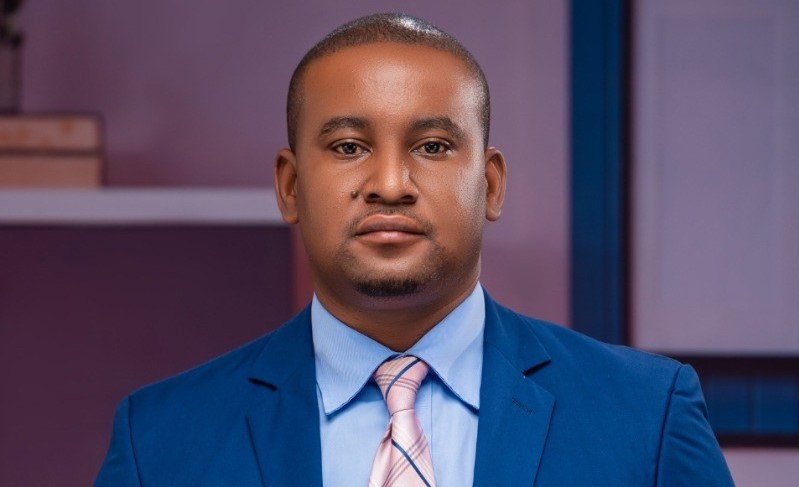Treasury spends K426bn in interest payments in 7 months
Treasury has spent K426.49 billion on interest payments on debt in the first seven months of this fiscal year, which is 45 percent of the planned K931.48 billion expenditure on interest, according to a report.
Economic experts say this shows that the country is in debt distress and could exert pressure on the fiscus and divert money from critical social investments.

In the Monthly Economic Review for October 2023, the Reserve Bank of Malawi (RBM) said the government paid K191.98 billion in interest payments in the first quarter of the 2023/24 fiscal year which began in April.
In the second quarter, Treasury paid K178.31 billion before rounding up the first seven months of the fiscal year with a K52.6 billion interest payment in October 2023.
The data further shows that government spending on interest payments from April to October 2023 was 2.41 percentage points lower than the 21.51 percent outlined in the Mid-Year Budget Review Statement presented by Minister of Finance and Economic Affairs in Parliament in November.

Economist Dalitso Kubalasa, who is public resource management expert at the Parliament Support Programme implemented by Democracy Works Foundation and Democracy International, cautioned that the outlays could exert pressure on the fiscus and divert financing from critical areas such as investment and social spending.
He said the “significant allocations of government resources to interest payments are a true manifestation of potential public debt distress” and reflect the challenges associated with managing and servicing the country’s existing debts.
Said Kubalasa: “Trends of such government’s significant spending on interest payments, exceeding both the planned budget and a substantial portion of its revenue, suggest a substantial financial burden.
“This situation indicates a potential strain on the local economy as a significant portion of resources is allocated to servicing debts rather than being available for investment in developmental projects.”
Economics Association of Malawi vice-president Bertha Bangara-Chikadza said huge interest payments show that the short-term debt that Malawi accrued in the past is putting pressure on local resources.
She said this could make it difficult for the country to achieve targets set in the MW2063.
The Malawi Government still relies on external financing to fund its budget.
At the start of this fiscal year, government planned to borrow K1.1 trillion from the domestic market and an additional K131.5 billion from the foreign market to finance a projected K1.3 trillion deficit.






One Comment